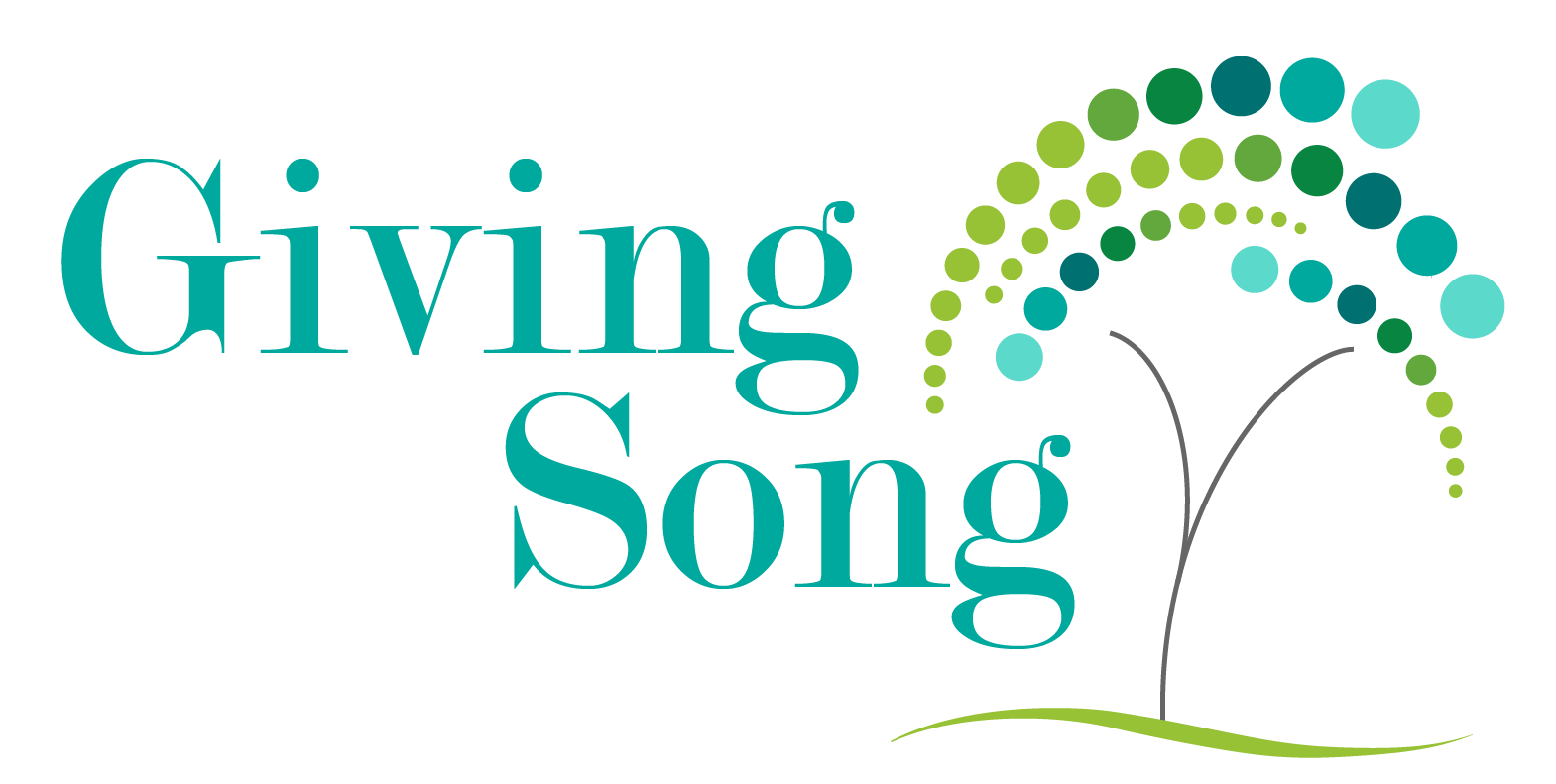Music therapists are prone to several mental health risk factors: as a helping professional, we are prone to compassion fatigue and burnout while doubling as professional musicians puts us at an increased risk of depression, anxiety and high rates of stress. New years are new beginnings and perhaps this is the year that you prioritize your mental health.
Read MoreThe study sought to understand how music therapy altered mood for adolescents participating in group services as well as the effect that demographics had on mood alteration, or not. The study was conducted at a large pediatric psychiatric hospital and included over 350 participants aged 12-21 in 3 different units of the hospital.
Read MoreMusic therapy is included as a related service under the IDEA act (Individuals with Disabilities Education Act ), found in section B. This means that music therapy can be included on students’ Individualized Education Plans or IEP’s for qualifying students. The article identifies within the literature review that music therapists often work with students on the autism spectrum, citing that over 36% of music therapists responding to a survey indicate that they work with autistic students in a public school setting. This is not the only population served through music therapy however. They also discussed how music therapists work collaboratively with the other members of the IEP team including OT, PT and SLPs.
Read MoreNeuroimaging has been used to chart human network connectivity and dopamine release in the brain when listening to what the participants rate as pleasurable music. Several different studies also used PET scans to track blood flow to various parts of the brain, including the mesocorticolimbic system which is primarily responsible for reward and reinforcement.
Read MoreMusic therapy is an effective form of treatment for many reasons. We’ve highlighted some of this across our podcast, but this is a big question to answer! Music therapy can be effective for a number of outcomes: mental health, rehabilitation, early childhood development, older adult care, hospice, pre, peri, and postnatal, trauma- The list goes on. If someone is motivated by music and has a therapeutic need, I would encourage them to have an assessment or consult with a music therapist. Each person and need is unique so seeking out a music therapist to help you identify ways that music therapy may be or may not be appropriate is the best thing to do. There is no prescriptive or one size fits all treatment. Speaking of which, there were several diagnoses that were searched for specifically quite a bit:
Read MoreI will leave you with a final quote from the authors “it is possible that these young people are more familiar and comfortable with chaos than we are as music therapists. It may then be counter-intuitive to attempt to eliminate chaos so that we can experience ordered, highly structured groups at odds with the environments to which young people return.”
Read MoreIn music therapy, we have a physical and auditory medium to promote regulation in the body organically within our practice. If we use Polyvagal theory to help inform our regulation practices in all types of therapy sessions (but especially when working with clients with trauma backgrounds) we can join in this groundbreaking approach to traditional psychotherapy and utilize the fullest potential of our toolset within the body- starting with the brain.
Read MoreLet’s review our goals. We’ve addressed goals #1 and 2 to: define attachment and we’ve looked at the historical foundations for the modern attachment theory. Now let’s look at goal #3: Identifying and defining these attachment patterns (other secure and insecure attachment patterns). Let’s first start with Secure Attachment.
Read More







